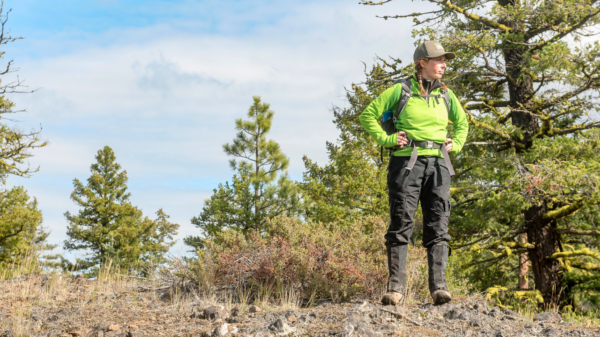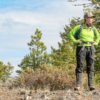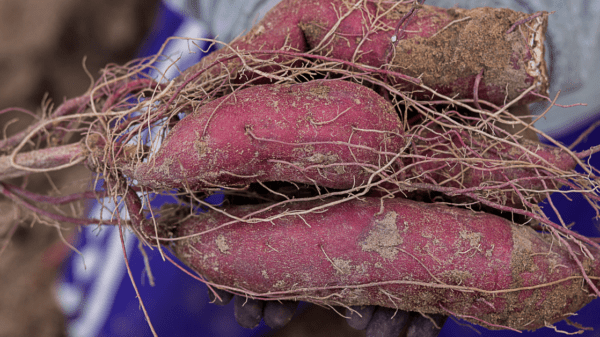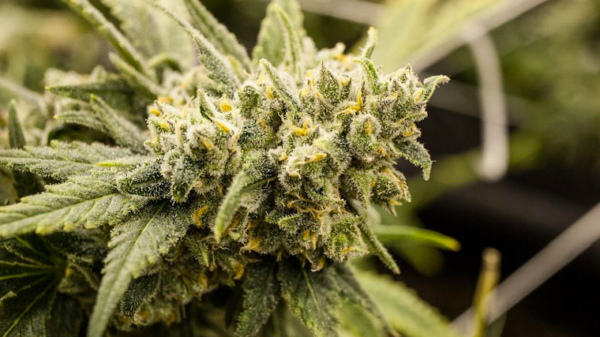The Mental Health Commission of Canada (MHCC) is calling for more research and action involving Black and other underrepresented communities in the cannabis industry, as a new report shows a gap in information related to the plant and BIPOC mental health.
The report, Amplifying Black Experiences in Cannabis and Mental Health Research, underscores the need for meaningful knowledge on mental health and cannabis in BIPOC communities.
Researchers have forgotten marginalized and racialized communities most affected by the enforcement of prohibition, especially in education and removing negative stigma, Afro Cannada Budsistas co-founder Khadisha Thornhill said in a statement Monday.
“It is necessary to challenge the historical distrust of government and policing efforts to pave the way for Black and Indigenous communities to finally have their voices and lived experiences heard and amplified,” she said.
Read more: Canntab launching Indigenous-only medical cannabis platform to address deadly opioid crisis
The report was released March 1 on Black Mental Health, which aims to raise awareness and prompt action to address the impact of anti-Black racism on mental health and social well-being.
“This Black Mental Health Day the MHCC highlights the need to study cannabis in the proper cultural context, to empower Black researchers, and to validate the personal and lived experience of cannabis use for mental health,” MHCC vice-president of programs Ed Mantler said.
The report notes that Black Canadians don’t come from a single community, and the different groups’ needs must be addressed accordingly.
It also finds that discussing cannabis use in Black communities involves discussing systemic racism, and other social problems in Canadian society. It highlights that cannabis use and mental health issues among Black populations remain highly stigmatized, and previous criminalization of cannabis use has created a mistrust of institutions and authorities.
The Canadian medical community is perceived as having poor knowledge of pot, according to the report, and there’s only limited public information on the plant and its relationship with mental health.
Other insights include the need for paying research participants in clinical trials, and for race-based as well as intersectional data.
Overall, MHCC concludes the industry needs more cannabis research in the cultural context of diverse populations. And it’s necessary that Black researchers are a part of shaping those studies.
Read more: HRVSTR charts course for Black ownership in Canadian cannabis cultivation
Read more: BlackNorth anti-racism initiative ‘a step in the right direction’
In 2018, MHCC received funding to look into the relationship between cannabis and mental health.
From December 2020 to April 2021, the organization hosted a series of virtual dialogues led by Akwasi Owusu-Bempah, assistant sociology professor at the University of Toronto, exploring challenges and opportunities in the area among Black Canadian communities.
The report marks an important step due to its inclusion of Black and other vulnerable communities’ perspectives on issues that have affected them for decades, Owusu-Bempah says.
“It not only demonstrates what knowledge we need to develop, but also how that needs to be done: by using people’s first-hand experience and ensuring that Black communities are equal partners in all aspects of research, education and policy,” he explains.
MHCC engaged with around 50 people including researchers, service providers and people with lived experience. They spoke in open discussions about where and why research gaps exist, what the barriers might be and which high-priority topics should be pursued.
The participants recognized that while various communities may have similar experiences that overlap, all have their own unique needs.
Follow Natalia Buendia Calvillo on Twitter
natalia@mugglehead.com














